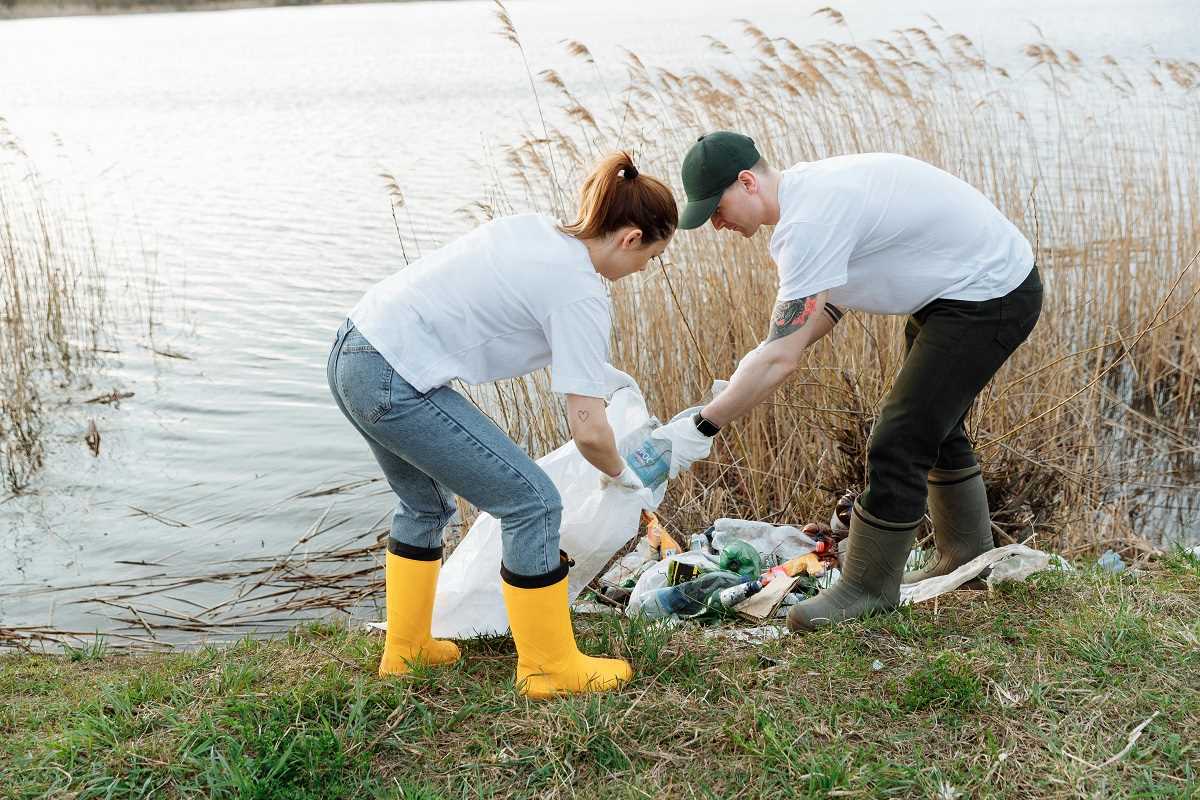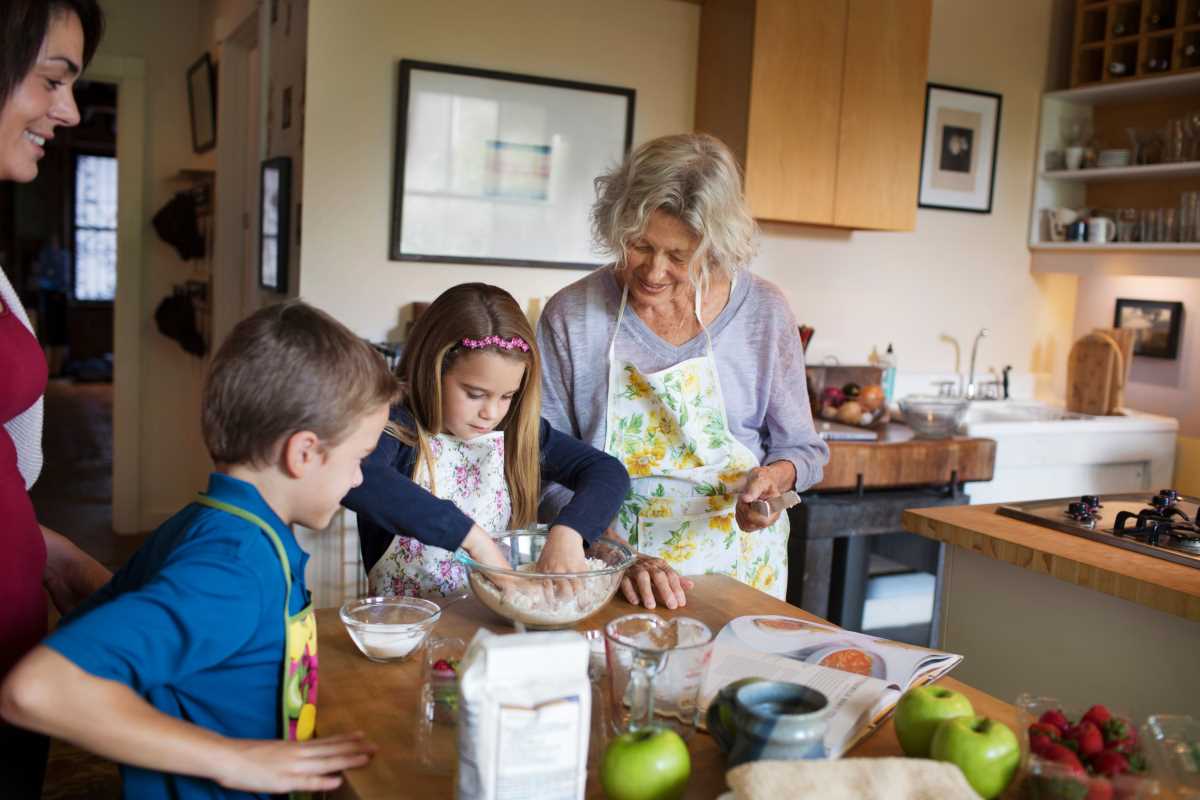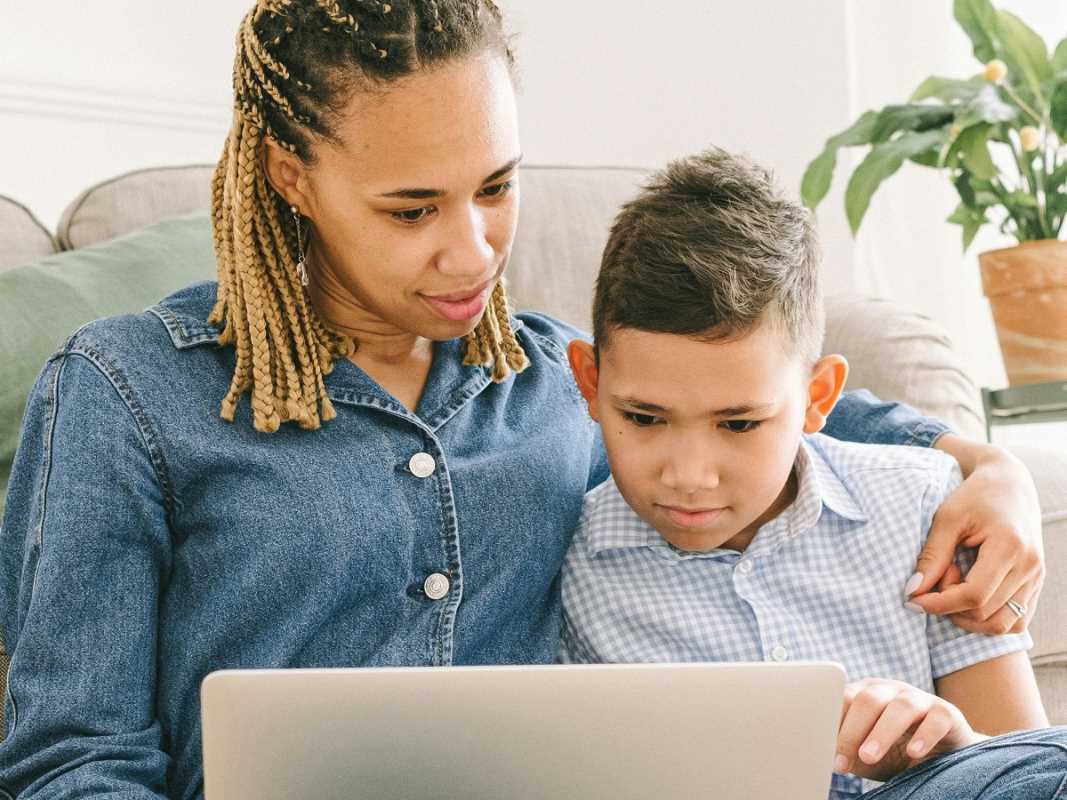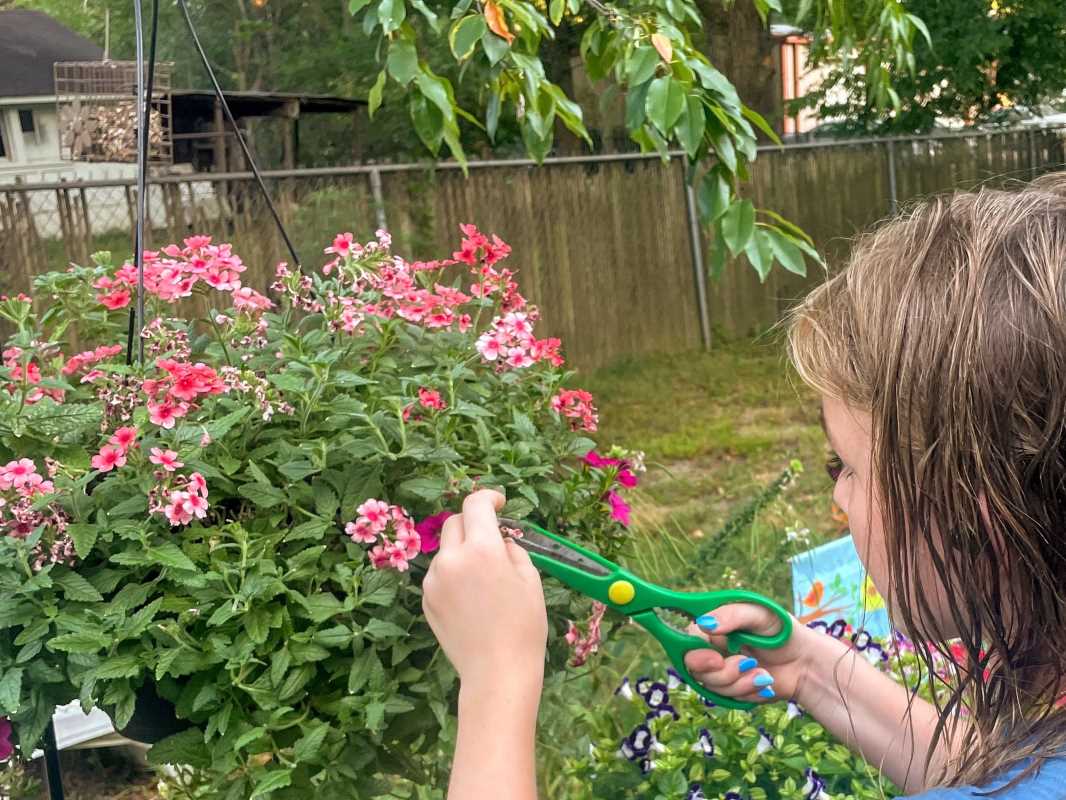Volunteering as a family is a meaningful way to connect with loved ones while making a positive impact on the world around you. The benefits extend far beyond the immediate help provided to the community—it strengthens relationships, teaches valuable life lessons, and fosters a deep sense of purpose and gratitude. Let’s dive deeper into the rewards of family volunteering and explore how it creates lasting benefits for everyone involved.
Strengthening Family
Volunteering as a family strengthens the connection between members in ways that daily life rarely allows. Working together toward a shared goal, whether it’s organizing a donation drive, planting trees in a park, or visiting a senior care center, requires collaboration and mutual support. These experiences help build better communication, trust, and understanding within the family.
- Teamwork in Action: Family volunteering encourages everyone to work as a team, recognizing each other’s strengths and relying on one another. For example, parents can guide while children bring fresh ideas or enthusiasm. Each family member’s contributions are valuable, fostering a sense of unity and purpose.
- Overcoming Challenges Together: Volunteering often involves unexpected hurdles, such as coordinating logistics, handling unanticipated tasks, or working under tight deadlines. Facing these challenges as a family builds resilience and problem-solving skills, creating a shared sense of accomplishment when the work is done.
- Creating Unforgettable Moments: These shared experiences often become cherished memories. The stories of painting a community center together or organizing supplies for a school drive become part of the family’s narrative, reinforcing a sense of pride in what they’ve achieved together.
Teaching Valuable Life Lessons
Volunteering offers an incredible opportunity to teach children lessons that extend far beyond the classroom. By exposing them to real-world issues, kids gain a broader perspective and develop empathy, compassion, and a sense of responsibility.
- Learning Compassion: Seeing the challenges faced by others helps children understand the importance of helping those in need. Whether it’s interacting with a lonely senior citizen or helping distribute food at a pantry, these moments teach kids to look beyond their own experiences and care for others.
- Fostering Gratitude: When children witness the struggles others face, they often develop a deeper appreciation for what they have. Volunteering helps them realize how fortunate they are, fostering a mindset of gratitude and humility.
- Demonstrating Responsibility: Through volunteering, kids learn that their actions, no matter how small, can make a difference. Simple tasks, like sorting donations or cleaning up trash, show them the power of their contributions to improve the world around them.
Building a Sense of Community
Volunteering connects families not only to each other but also to the larger community. By giving their time and effort, families contribute to creating a more compassionate and supportive environment.
- Local Connections: Family volunteering often brings people into contact with local organizations, nonprofits, and other volunteers. These interactions help families feel more connected to their communities and introduce them to like-minded individuals who share their values.
- Inspiring Others to Give Back: Families who volunteer together often inspire friends, neighbors, and extended family members to get involved. By setting an example, they encourage a culture of giving, showing others how small acts of kindness can have a ripple effect.
- Inclusivity: Volunteering in diverse settings exposes families to different cultures, lifestyles, and perspectives, helping them develop a more inclusive and accepting worldview. This fosters respect and understanding across social and cultural divides.
Boosting Mental Health and Well-Being
The act of volunteering provides emotional and physical benefits for people of all ages, and when done as a family, these benefits are magnified.
- Mood Boosters: Helping others triggers the release of feel-good hormones like oxytocin, serotonin, and dopamine. Families who volunteer together often report feeling happier and more fulfilled, creating a positive feedback loop that strengthens their bond.
- Stress Relief: Engaging in volunteer activities provides a healthy distraction from everyday stressors. Spending a day planting a garden or distributing meals shifts the focus from personal challenges to meaningful work, helping families feel rejuvenated.
- Physical Benefits: Many volunteer activities, such as cleaning up a park or participating in charity walks, involve physical activity. These actions contribute to better health, reinforcing the connection between physical and mental well-being.
Creating Lasting Memories
Family volunteering creates moments that are as impactful as they are unforgettable. These experiences become milestones in the family’s collective story, offering opportunities for reflection and growth.
- Capturing the Moment: Documenting volunteer efforts through photos, scrapbooks, or journals helps families celebrate their accomplishments and revisit these memories. A picture of the family at a community cleanup, covered in dirt but smiling, serves as a tangible reminder of their shared commitment.
- Storytelling Opportunities: Shared memories become stories passed down over time. Recounting the time the family worked together to organize a fundraiser or build a playground strengthens bonds and instills pride in the younger generation.
Encouraging the Spirit of Giving
Volunteering as a family cultivates a spirit of giving that can transform not just the participants but the environment around them. The act of helping others becomes part of the family’s identity, shaping their values and behavior.
- Creating a Culture of Kindness: Families who volunteer regularly often carry the spirit of giving into their daily lives. Simple acts like helping a neighbor or donating gently used items become second nature, reflecting the lessons learned through volunteering.
- Passing Down Traditions: For families who make volunteering a habit, these activities often become cherished traditions. For example, helping at a food bank during the holidays or participating in an annual charity run can become a meaningful way to celebrate togetherness and gratitude.
- Inspiring Lifelong Service: Children who grow up volunteering with their families are more likely to continue giving back as they get older. These early experiences instill a lifelong commitment to helping others, ensuring that the values of compassion and service are carried forward.
How to Get Started
If your family is new to volunteering, it’s important to find opportunities that align with your interests, values, and availability. Here’s how to begin:
- Discuss Interests: Talk as a family about causes that matter most to you, whether it’s helping animals, supporting the environment, or assisting underserved communities.
- Start Small: Begin with manageable commitments, like spending an afternoon at a local shelter or participating in a one-day community event.
- Research Opportunities: Many organizations, such as Habitat for Humanity, local food banks, and community centers, offer family-friendly volunteer options.
- Make It Fun: Choose activities that everyone will enjoy and that allow for teamwork, such as planting a garden, preparing meals, or creating care packages.
- Reflect and Celebrate: After each volunteer experience, take time to reflect on what you learned and accomplished as a family. Celebrate your contributions to keep the momentum going.
Whether it’s through small acts of kindness or larger community efforts, the impact of family volunteering extends far beyond the immediate moment. It leaves a lasting imprint on the hearts of those involved and the lives of those they touch, proving that the power of giving truly begins at home.
 (Image via
(Image via





